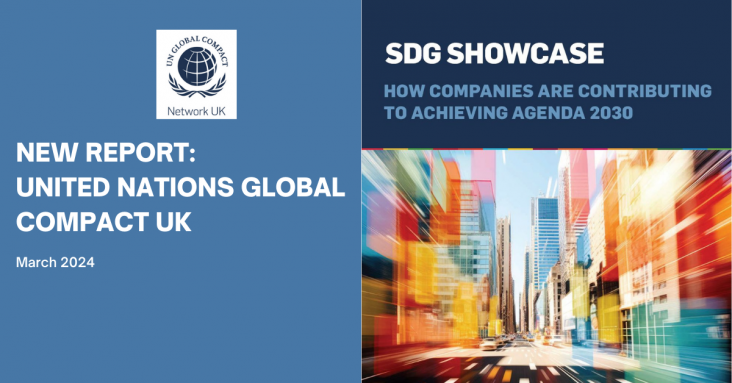Computational Intelligence and Blockchain in Complex Systems: System Security and Interdisciplinary Applications, 2024, pp 199-204

Sustainable Development of Renewable Energy: Latest Advances Production, Storage, and Integration, Advances Renewable Energy Technologies, 2024, Pages 401-412
This chapter aligns with SDGs 7 (Affordable and Clean Energy) and 17 (Partnerships for the Goals) by highlighting the roles of smart grids, renewable energy communities, information, and digitization, requiring technological, research, and political collaboration, in advancing the energy transition.

